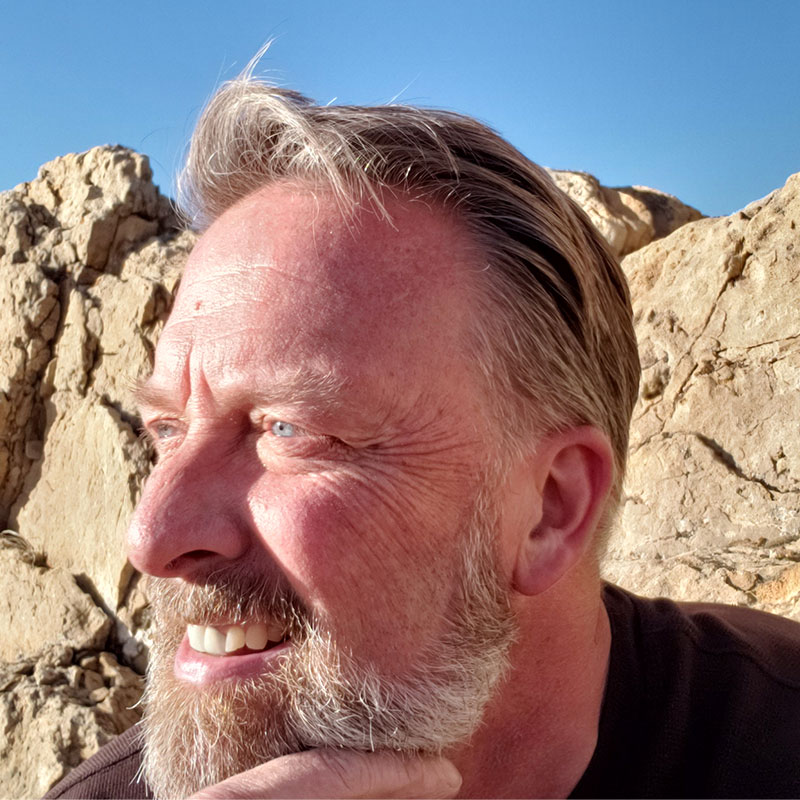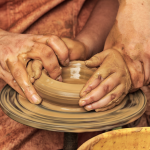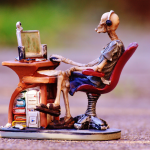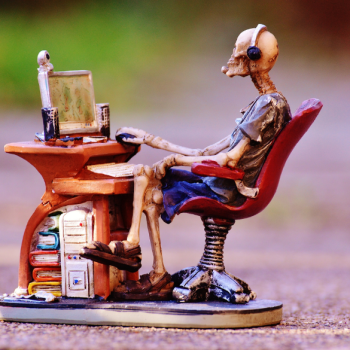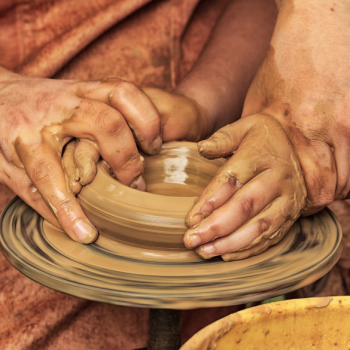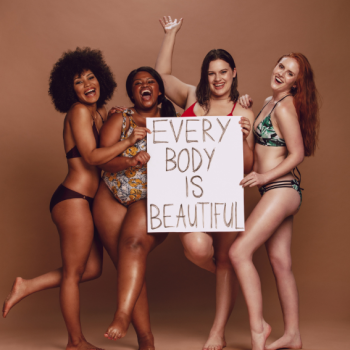
In the grand tapestry of existence, many of us find ourselves entangled in the deceptive notion that we are merely human, confined to the limitations of our bodies and the narratives imposed upon us by society. We become ensnared in a web of expectations—those of our parents, siblings, peers, community, culture, and religion—losing sight of the boundless potential residing within.
According to George Saunders, the problem with being human is that our minds are made for a certain purpose (staying alive), but we mistake them for absolute arbiters of truth. We assume that the categories “the limits of what my mind can think” and “the truth of the universe” exactly overlap.
When we combine the limitations society places on us with our brains believing those limitations are truth, we build the walls of our reality that soon become the cage of our limited truth.
The Illusion of Conformity
We mistakenly believe that our worth is dictated by how we look, how we present ourselves, and how well we adhere to societal norms, and is defined as normative conformity. This illusion compels us to adopt a persona that aligns with external expectations, stifling the authentic expression of our true selves. The lies and limitations imposed upon us become the bars of a self-imposed cage, preventing us from fully embracing our divine essence.
As spiritual beings inhabiting human bodies, we often pay mere lip service to this understanding. The profundity of our spiritual nature is reduced to empty rhetoric, easily forgotten when the demands of the external world divert our attention and energy. In doing so, we inadvertently surrender the sacred choice that exists within us in every circumstance—a choice to rise above, to transcend, and to embody our magnificence.
Playing Small in a Vast Universe
Playing small becomes second nature when we perceive ourselves as diminutive entities. The cosmic truth of our existence is overshadowed by the mundane concerns of success defined by societal norms. We either conform to these standards, losing ourselves in the pursuit of external validation, or we rebel against success, navigating a path where our true gifts remain obscured by a lack of resources and recognition.
We forget our purpose—to share our unique gifts with the world. Instead, we find ourselves entangled in the intricate web of societal expectations, rendering our spiritual understanding inconsequential in the face of worldly pursuits.
Escaping the Body, Embracing the Virtual
Ironically, many who claim to be spiritual beings seek refuge from their earthly vessels. Rather than grounding themselves in the present moment, they yearn to escape the confines of their bodies, as if the physical form is a mere hindrance to spiritual evolution. The rise of virtual realities and avatars further exemplifies this trend, as society inches closer to living in a realm where fabricated personas shield us from the complexities of an authentic existence. It seems as though the challenges of the real world drive us to seek solace in the illusionary comfort of digital realms.
Yet, in this pursuit of escaping the limitations of our humanity, we risk overlooking the purpose of inhabiting a physical form—to integrate, anchor, and ground our spiritual selves in the tangible world. Our bodies are not obstacles to be discarded; they are the vessels through which we can manifest our divine purpose and contribute our unique offerings to the collective consciousness and humanity.
Rediscovering Divine Control
The misconception of relinquishing control to a higher power, be it a deity or fate, arises when we perceive ourselves solely as human entities. The truth is, we are not powerless; we are divine, integral parts of the infinite whole. When we embrace our true selves—the expansive, eternal nature of our souls—we seize control of our lives. This control is not about dominance over external circumstances but about standing in sacred choice, operating from an internal locus of power.
In reclaiming our divine nature, we no longer submit to the whims of external forces. Instead, we become active participants in the co-creation of our reality. We navigate life from within, grounded in the understanding that we are not mere pawns in the game of existence but co-creators of our destinies.
Embracing Sacred Choice
The essence of our journey lies in embracing sacred choice—a choice that transcends external conditions and circumstances. Interestingly, choice cannot be found in a place of oneness like many spiritualists proclaim is the path. Choice presents itself through our dualistic reality, and it typically isn’t a “this” or “that,” but a range of choices bound on either end of the dualistic poles. In every moment, we possess the power to choose how we respond to life’s challenges. This sacred choice is not contingent upon external validation or societal expectations; it emanates from the depths of our infinite souls.
As we stand firmly in our authenticity, rooted in the recognition of our divine nature, our choices become a reflection of our higher selves. We cease to play the victim, recognizing that even in the face of adversity, our choice remains untarnished. The illusion of victimhood dissolves, unveiling the inherent power that lies dormant within us.
Unveiling the True Self
The journey from believing we are merely human to realizing our infinite soul selves is a transformative process. It involves shedding the layers of societal conditioning, dispelling the illusions of limitation, and embracing the truth of our existence. The path is not always easy, for it requires courage to defy societal norms and embark on a journey of self-discovery.
In this odyssey of self-realization, our bodies become sacred vessels through which the divine energy flows. Rather than yearning to escape, we learn to inhabit our bodies fully, grounding ourselves in the present moment. The integration of our spiritual essence with our physical form allows us to manifest our unique gifts authentically.
Conclusion: An Invitation to Authentic Living
In the dance between the human and the divine, let us heed the call to transcend the illusion of mere humanity. Let us embrace the truth that we are spiritual beings, temporarily inhabiting human bodies. The journey from the belief in our humanness to the realization of our infinite souls is a sacred pilgrimage—a journey that invites us to reclaim our power, make sacred choices, and contribute our unique gifts to the world.
As we navigate the complexities of existence, may we remember that our true essence is not confined by the limitations of the human experience. Instead, it transcends the boundaries of space and time. In embracing our infinite souls, we not only liberate ourselves from the shackles of illusion but also inspire others to embark on their own transformative journeys toward authenticity and self-discovery.


